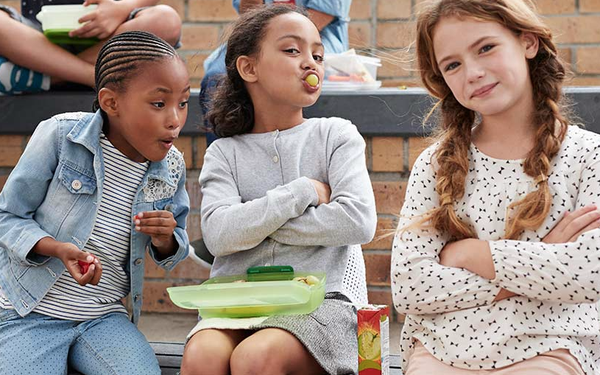
Beginning next July, Nestlé will
adopt a new policy prohibiting direct advertising to children below age 16 for its confectionery and ice-cream products as well as water-based beverages containing added sugars.
The ban will
cover television and online platforms — including social media and gaming — where greater than 25% of the audience is under 16.
Additionally, Nestlé said it will not collect
data on minors, and only partner with social media influencers over the age of 18.
“Nestlé is one of the first food and beverage companies to voluntarily adopt such strict
standards,” the company said yesterday when announcing the new policy.
In the United States, Nestlé is one of roughly two dozen companies that refrain from advertising to children
under age 13 except for products that comply with the Uniform Nutrition Criteria of the Children’s Food and Beverage Advertising Initiative (CFBAI).
advertisement
advertisement
CFBAI is a division of the
self-regulatory organization BBB National Programs.
“This announcement by Nestlé is another great sign of food companies' continuing commitment to responsible marketing to
children,” CFBAI vice president Maureen Enright tells Marketing Daily.
The initiative is tied to the Nestlé For Healthier Kids program, which the company says has made more
than 80 million children more knowledgeable about good nutrition, balanced diets and healthy lifestyles through such content as this video.
Nestlé says it has reduced added sugars in its products by 5.1% since 2017.